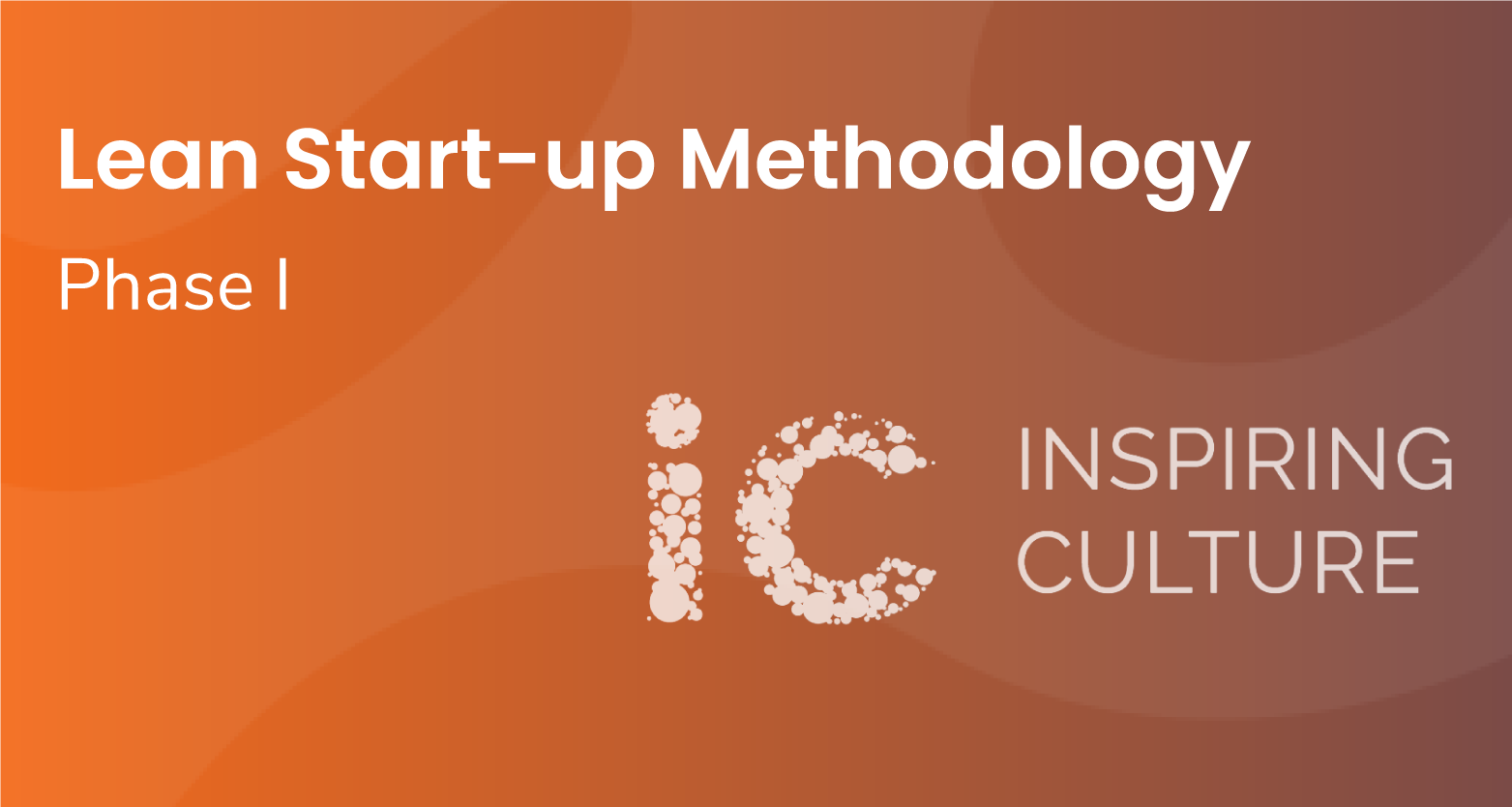
János Csébfalvi
Founding Member


Lean Start-up is an innovative approach to maximize learning and working on viable prototypes by validating hypotheses in the shortest possible time horizon. Creating new products or changing an existing business model, often in conditions of high uncertainty, requires an approach that turns assumptions into data that can validate (or refute) those assumptions. In this module, beneficiaries will learn how to state their assumptions as hypotheses and how to design experiments to validate those hypotheses in the shortest time and focused on “customer value”.
Lean Thinking and Lean Methodology were initiated in the automotive industry in Japan (Toyota Production System) and were inspirational for production optimizations and overall productivity gains, lead time reductions, organizational alignment, and quality gains. This methodology was later implemented in services, overall value chain, administration and since almost ten years for more agile development of start-ups. Main principles of the Lean Start- up methodology are linked to basic lean principle of “waste” and “value added”. Like in Lean the biggest waste is to develop products and services that are not needed for customers and markets. To avoid this risk Lean Start-up is focused to learn fast and connect product ideas with fast prototyping and learning from customer feedback.
Based on own experience we will link principles of experiential learning and fast prototyping (IDEO Deep Dive), with Business Canvas and Value Proposition Design (A. Osterwalder, Y. Pigneur). The Lean Start-up principles of Vision, Steer and Accelerate as per the original lean start-up methodology (E.Ries) will be demonstrated with right business analogy.
Several videos and case studies will be used and Q&A session organized for specific participants’ cases.
• Design a framework for a lean start-up development roadmap
• Evaluate priorities focused on customer relevant value creation
• Analyze market for the viable development experiments
• Apply Lean principles to improve speed, productivity and eliminate “waste”
• Understand products and service development dynamicsand needs for continuous improvements to adaptstrategic direction throughcustomer experiments’ insights
• Remember key models ohinking and how to use itwith business models design and change management principles
All participants will likely be familiar with some general purpose start-up tools (Business Canvas, Value Proposition Design). It is expected that they have already a business objectives and working plan draft. If participants had any previous exposure or a specific training on Lean it will be good that they openly share this 1 week prior to the course (with trainer) and during the introduction with a group. This will help to initiate discussion and identify knowledge levels, eventual discrepancies and adapt training material accordingly.
This will be the basic level of course on Start-up Lean principles and will require intermediate language skills.
• Concept classes: 45 min
• Case studies, group exercises: 1 hour
• Customization and personal assignments (in teams): 1:15 hours.

Founding Member